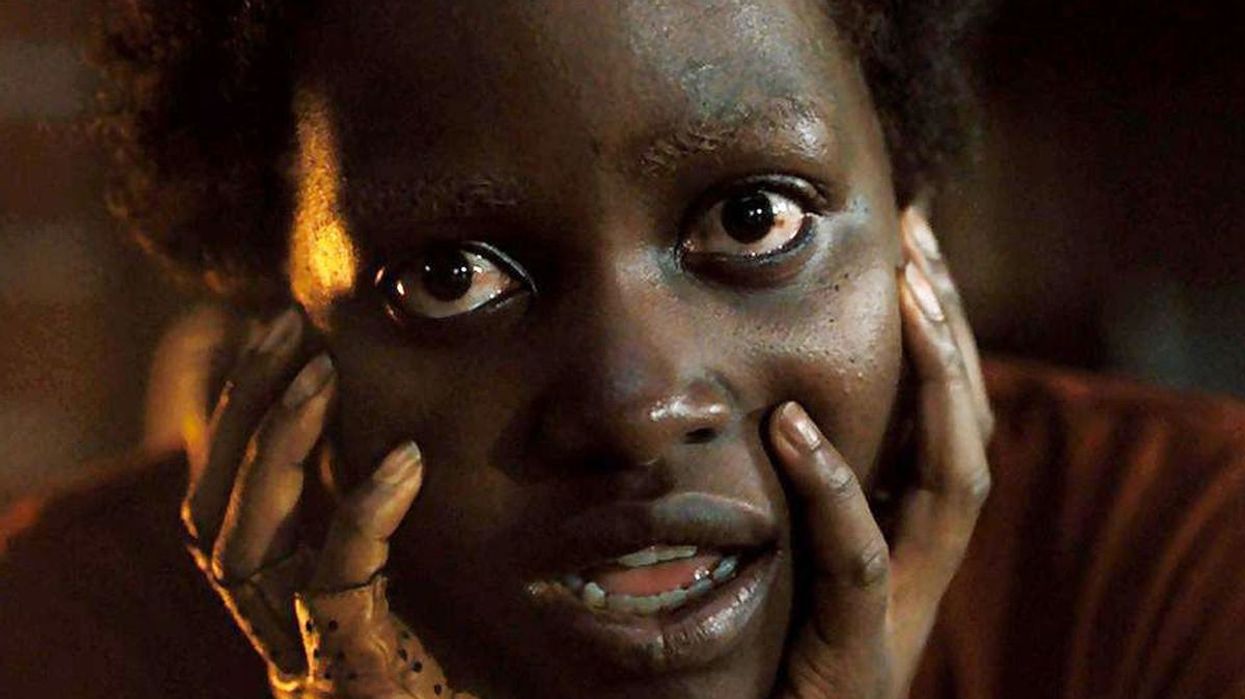The Psychology of Surprise Endings
Plot twists are our favorite part of going to the movies. They keep us on our toes and excite audiences. But why does that psychologically happen?

It feels weird to say, but this post contains massive spoilers. Well, kind of.
Think about the first movie you ever saw that blew you away. Chances are, there was a plot twist at the center of it. I can remember being in 6th grade and everyone on the recess yard crowding around to talk about The Sixth Sense.
Everyone was gabbing about how much it blew them away and how it made their heads explode.
At the time, it felt magical. And it turns out...it was?
In a recent NPR article on the psychology of plot twists, this line affirms that sentiment. "Stories are a kind of magic trick," says cognitive scientist Vera Tobin. "When we dissect them, we can discover very, very reliable aspects of those tricks that turn out to be important clues about the way that people think."
The Psychology of Surprise Endings
The half-hour NPR story from Hidden Brain details how story twists and turns affect the brain. From parents videotaping their kids react to Star Wars to us losing our minds to Shyamalan, there are real physiological effects to plot twists.
Our tendency to be fooled in movies says a lot about how our brain functions outside of the theater.
The study was detailed by Vera Tobin, who wrote a book called Elements of Surprise: Our Mental Limits and the Satisfactions of Plot.
She used The Sixth Sense and The Usual Suspects to dig into the neuroscience behind plot twists. Humans see patterns in stories and then have blindspots toward twists.
So when analyzing stories, scientists found that most people had preconceived notions about where those stories are going. We make inferences based on what we already know and what we have already seen in movies and television that came before.
The best tricks used by storytellers are like magic tricks; they distract the audience with what they know and then show them something they're not used to seeing.
It does not have to be scary, and it just needs to be what you thought was happening turned out to be something completely different.
Again, from NPR, check out some of the inherent biases we have toward a story.
A few of the storyteller's favorite biases:
- The Curse of Knowledge: The mother of all blind spots, this is the tendency to assume that others know what you know.
- Confirmation Bias: The tendency to seek information that confirms what you already believe.
- Anchoring: The tendency to lean too heavily on the first piece of information you hear, failing to correct it as you learn new data.
- Availability Bias: The tendency to believe that things that spring readily to mind are more plausible than things that spring less readily to mind.
- Hindsight Bias: The tendency to see an event as predictable, once it has already unfolded. We experience hindsight bias when we look back and say, "I knew it all along."
So try to capitalize on these features and strategies when you're trying to subvert tropes or write your own twist.
When you're writing, you want to set a trap. Get the audience and their brain moving one way, while you're setting up things to show them something else. Things that spring readily to mind are easier for audiences to grab onto than the less plausible thing...that means while your twist may feel like it's out of left field, that can actually contribute to the story you wanted to tell all along.
Viewers will always present a hypothesis, even if unconsciously.
Plot twists prove them wrong.
And they love it.
What's next? Learn more about plot twists!
While the chances are that you turn on the television or go to the movies to be entertained, there’s nothing more entertaining than the plot twist. Plot twists keep the audience on their toes. They make us pay attention to every detail, elicit deep emotions, and are what's talked about most when the credits roll.











